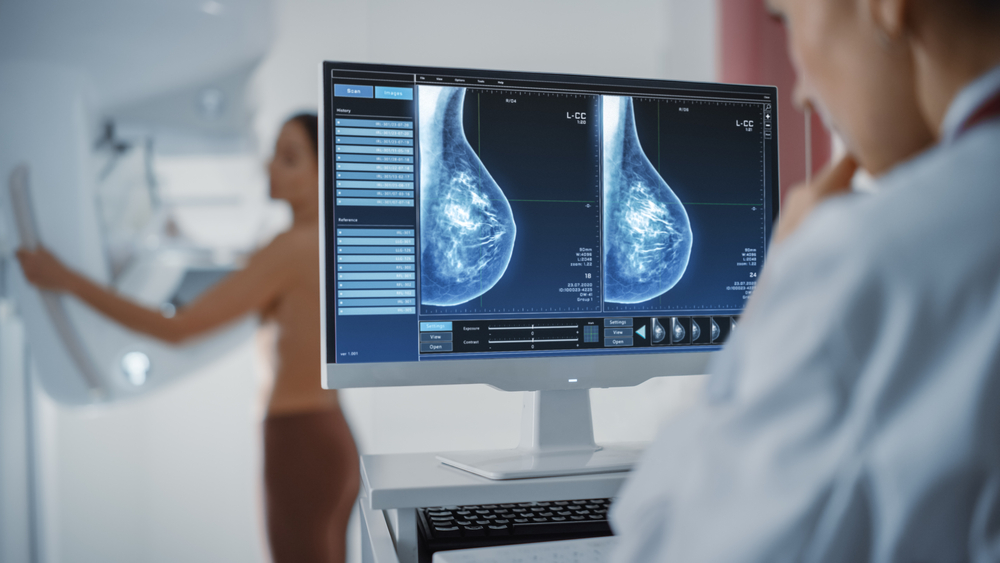According to interim study results published by a Swedish research team, AI systems can “safely” interpret breast cancer screening images, demonstrating similar efficiency to 2 radiologists.
Critically, the AI-powered screening process reduced workloads by 44.3% while detecting tumors in mammograms with similar accuracy as 2 human radiologists.
Historically, studies on AI’s role in diagnosing breast cancer from mammograms were retrospective, involving the assessment of scans already examined by medical professionals.
Conversely, this recent study is a randomized, controlled population trial involving over 80,000 Swedish women, averaging 54 years old.
Half the mammograms were examined by 2 radiologists (as is standard), while the other half were initially assessed by the AI system, followed by evaluation by 1 or 2 radiologists (depending on the indicated malignancy of the tumor, if detected).
The results revealed that 244 women diagnosed with cancer were identified through AI-supported screening, compared to 203 women detected via standard screening.
Notably, using AI didn’t result in increased false positives. There was a 44.3% decrease in radiologists’ screening workload, which is the crucial result here.
Dr. Kristina Lång from Lund University, Sweden, said, “The greatest potential of AI right now is that it could allow radiologists to be less burdened by the excessive amount of reading.
“While our AI-supported screening system requires at least one radiologist in charge of detection, it could potentially do away with the need for double reading of the majority of mammograms, easing the pressure on workloads and enabling radiologists to focus on more advanced diagnostics while shortening waiting times for patients.”
The overarching process of identifying cancer from images using AI is called computer vision (CV) and extends to X-rays, MRIs, and other scans. An AI-supported MRI scanner recently received FDA clearance in the US.
Study breakdown
- Study background: A randomized, controlled, population-based trial was conducted to assess the clinical safety of an AI-supported screen-reading protocol in mammography, as compared to the standard screen-reading method by radiologists.
- Trial method: Eligible women aged 40 to 80 from 4 screening sites in Sweden were informed about the study. Those who didn’t opt out were randomly divided into the AI-supported screening group (intervention group) and the control group. The AI system provided a malignancy risk score on a 10-level scale, used to triage screening examinations to single reading or double reading, with the risk scores and computer-aided detection marks available to the radiologists doing the screening.
- Study findings: From April 2021 to July 2022, 80,033 women were assigned to AI-supported screening or double reading without AI. AI-supported screening resulted in 244 screen-detected cancers, 861 recalls, and 46,345 screen readings. Standard screening resulted in 203 screen-detected cancers, 817 recalls, and 83,231 screen readings. The screen-reading workload was reduced by 44.3% using AI.
The Swedish research team indicated that it’s still too soon to deploy such technology, but AI’s role in medical diagnostics is well-documented to date. It’s only a matter of time before AI medical diagnostics is deployed at scale.
The UK’s NHS expressed interest in the study, stating that it’s already considering how AI can be leveraged in breast screening to enable rapid, large-scale image analysis. An NHS England spokesman told the BBC, “This research is very encouraging, and plans are under way to assess the best ways of implementing this technology into the NHS Breast Screening Programme.”





